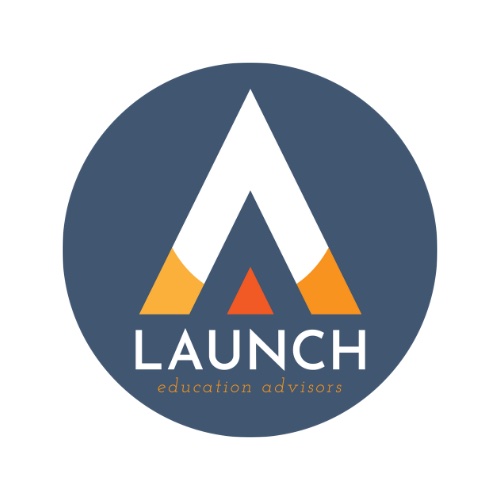Because water is essential for all life on Earth, the Environment Committee feels the Target Program should focus on increasing the supply of safe and secure water globally. In doing this, many of the other global projects that FAWCO supports will also be impacted and in June, we sent out our second water bulletin which addressed how the water supply is connected to food production. This month our bulletin will look at how water is related to women’s issues.
WATER & Women’s issues
Back To School…most children have imagined the first day back to school for weeks, but not all of them have the same expectations or realizations. Millions of children around the world - arrive in their classroom quite late in the morning. These children- usually girls - are dirty, they are hot and tired, and they are hungry. These children struggle to focus on their lessons. Millions of others stay home from school because of illnesses. An occurrence as normal as menses in adolescent girls disrupts or even terminates the education of millions. The source of this crisis is…a growing, universal lack of safe drinking water and adequate sanitation.
Globally, women and girls spend an average of three hours each day collecting water. First thing in the morning and again in the afternoon, they must carry 15 to 20 liters of water from a water point to their home. Those distances and times will change considerably during the dry season.
Women in sub-Saharan Africa, spend 40 billion hours per year collecting water – equivalent to a year’s worth of labor by the entire workforce in France... (Source: United Nations Development Programme)
Keeping girls in school is of vital importance to our well being since girls who attend school have an increased knowledge of nutrition and basic health care. As girls mature, this translates into better maternal care and a decrease in pregnancy-related trauma to their children. But when women and girls must spend hours each day collecting the water needed by their family, there is little time left for a “non-essential” such as school.
Poor health and malnutrition are also important underlying factors for low school enrollment, absenteeism, poor classroom performance and early school dropout, as reflected in the World Declaration on Education for All. Programs to achieve good health, hygiene and nutrition at school age are therefore essential to the promotion of basic education for all children. http://www.freshschools.org/Pages/default.aspx
While water issues are inexorably related to the opportunities girls and women have to be educated, they are also a cause of their gender inequality.
In water issues, women...lack a public voice.
Water gathering teaches women essential skills about hygiene, water hazards and water management, but they are not consulted in decision-making. Important water sources are often used for irrigation and industry without concern for water pollution. Women understand that their families need safe, clean water, but their concerns are often ignored. Even though many communities depend on the subsistence farming done by women, they may not be allowed to attend public discussions or may be too intimidated to speak. When a suitable water source is contaminated, a woman may find herself having to travel even further from home to find water.
In water issues, women...face serious health risks.
Gathering water can be dangerous, especially to women who are ill or pregnant. Women risk injury from the heavy burden, drowning and attack. In some areas, women put themselves in danger by getting too far away from a village because of the need to gather water and firewood.
In water issues, women...are denied empowerment.
A study of women in four different countries found that when they have a well close to home, they have better self-esteem, are harassed less and their daughters attend school more regularly. Women and girls who do not need to spend ninety percent of their time gathering the family's most precious resource can spend more time learning, growing and developing.
FAWCO can help by supporting water organizations that have a gender-based approach to water planning, encourage (or require!) equal participation in decision-making and recognize that untapped resource management skills can be found in either sex. For more information about Women and Water, and to see a list of more actions you can take to help, go to: www.un.org/esa/sustdev/csd/csd13/documents/bground_2.pdf
Debra Yonker-Hecht, Chilterns AWC & Kara Fairchild, AWC Göteborg
Environment Task-Force members

 Mary Manning
Mary Manning



